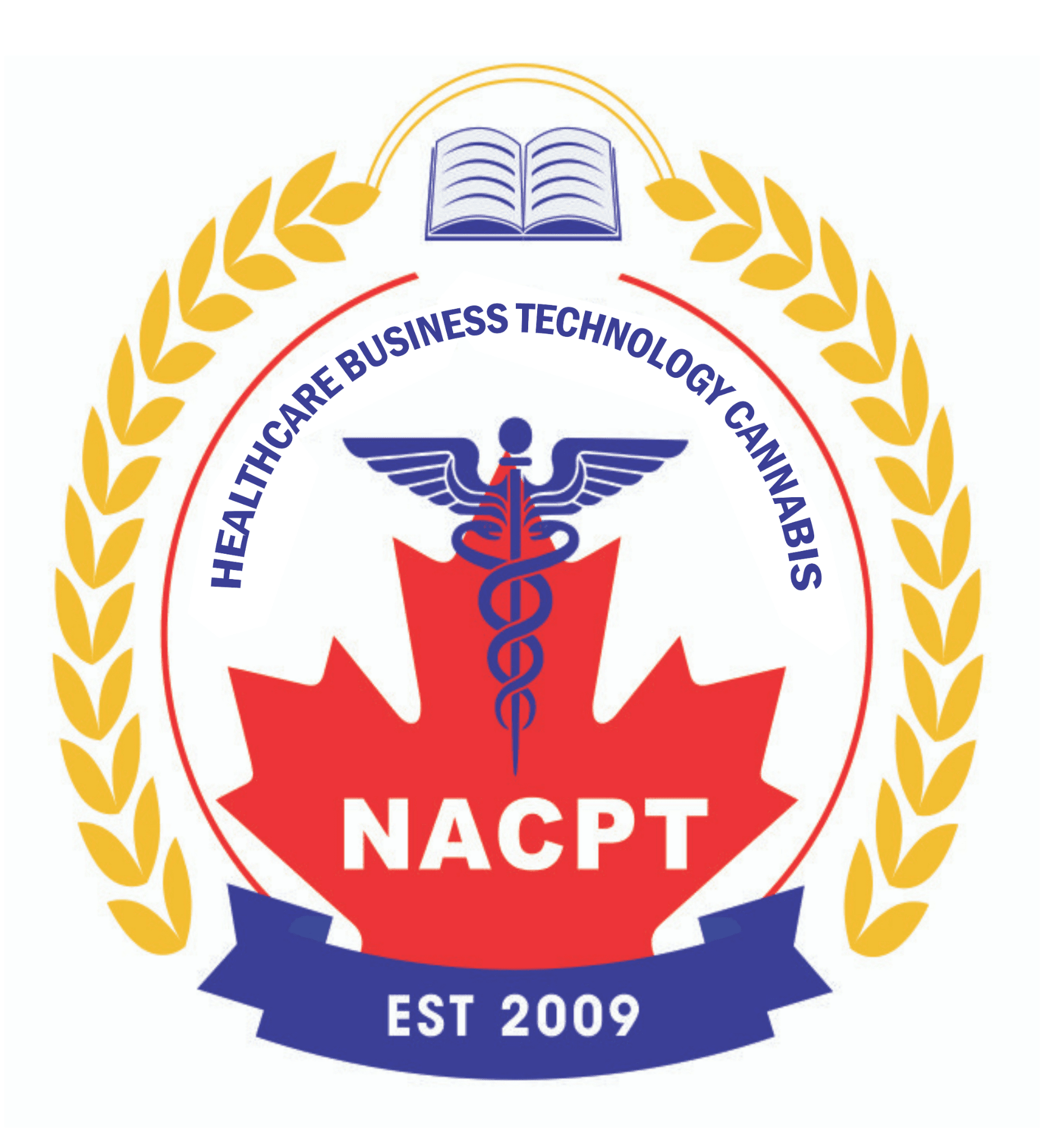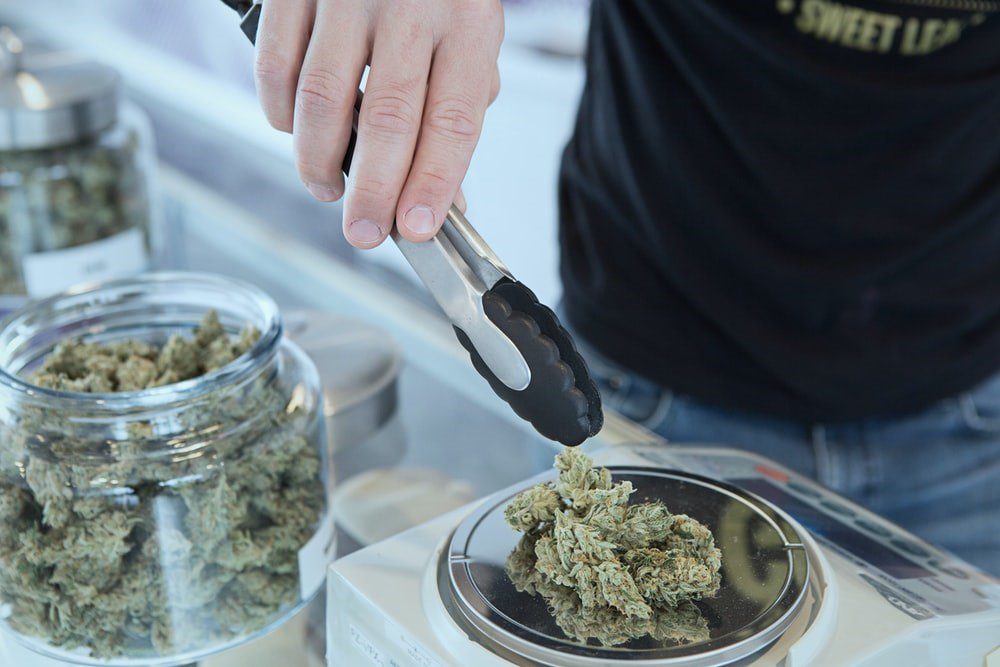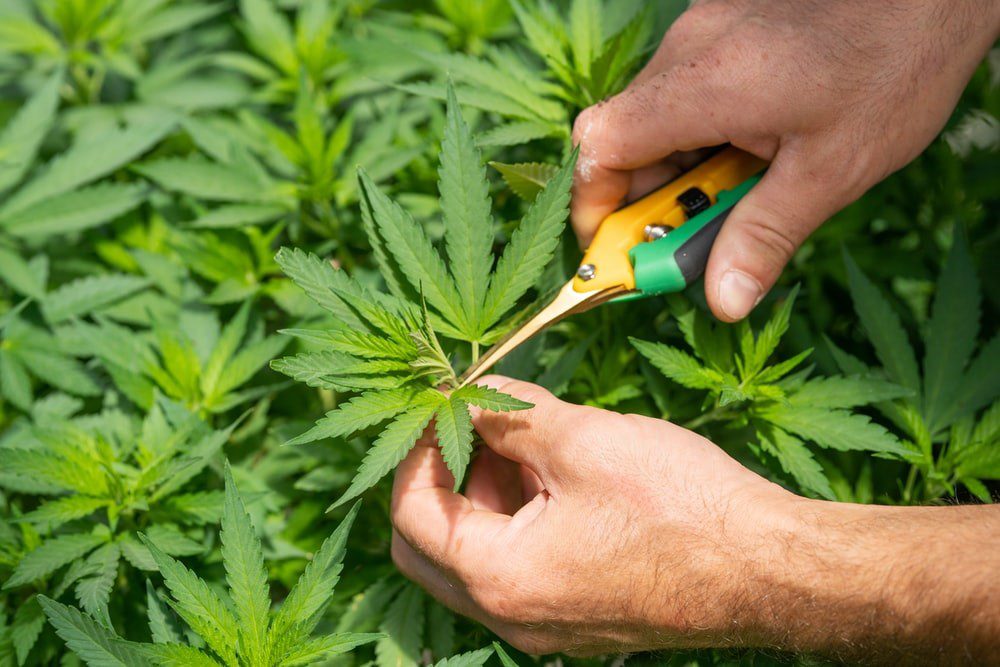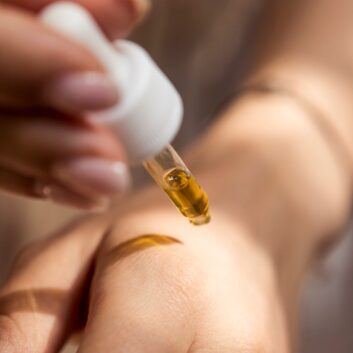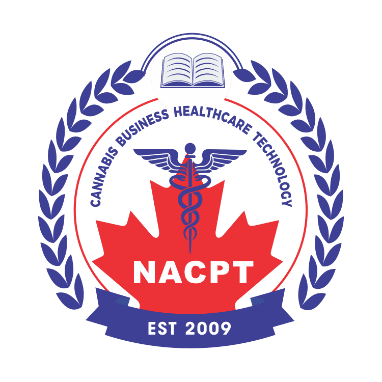As various CBD products are being introduced into the market, many of these products are being found not to meet their label claim for CBD content. There have also been reports of such products containing unsafe levels of contaminants (e.g., pesticides, heavy metals, THC). This can put consumers at additional risks.
Building the trust of regulatory bodies, patients and customers in their cannabis growers and cannabis products manufacturers and distributors is essential.
Producing pure and high-quality products free from heavy metals, contaminants and toxins and that contain the declared active material content in a consistent manner should be every producer’s goal.
In order to offer CBD products locally and internationally at high and consistent quality, the use of GMP and an effective Quality Management system is therefore very necessary. This requires training and adherence to the applicable regulations to give your product a reputational advantage. As we have seen in this blog, we can achieve this level of GMP compliance by developing a pharmaceutical approach to medical cannabis production!
